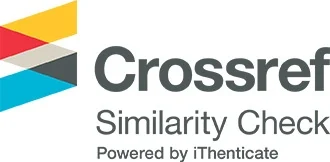Knowledge and Perception of Pharmacy Practitioners toward Sustained Release Dosage Forms in Benghazi Community Pharmacies
DOI:
https://doi.org/10.65137/lmj.v6i1.97Abstract
Background: The term sustained release dosage form is used to describe the delivery system which slowly releases the drug in the circulation over a prolonged period of time. Sustained release formulations have many advantages over immediate release dosage forms. For instance, improvement of patient's compliance due to reduction in dose frequency. This study was carried out to evaluate and compare the knowledge and perception of pharmacy practitioners toward the sustained release medications in Benghazi community pharmacies.                                                                                                         . Â
Method: A cross sectional survey was conducted during January and February 2018 by distributing a questionnaire to a selected study sample of pharmacy practitioners. The collected data were analyzed using the Statistical Package for Social Sciences.                    .
Results and discussion: The results demonstrated that oral sustained release medications are the most available and dispensed type in community pharmacies, where the central nervous system drugs accounted for the highest percentage then the cardiovascular system drugs (mainly angina). Interestingly, about (45%) of participants did not know the reasons for the presence of a few number of sustained release medications in the community pharmacies, and there was a significant difference between the participants (P = 0.004). Additionally, (41%) of participants believed that any drug can be formulated as a sustained release dosage form and there was no a significant difference between different groups of participants (P = 0.90).                                                                                                           .)
Conclusion: The majority of pharmacy practitioners seem to have a good knowledge toward the sustained release dosage forms but there is a lack of knowledge in some concepts. The higher cost of the single course therapy of sustained release medications in comparison with immediate release medications can be compensated by better disease management and less drug side effects








